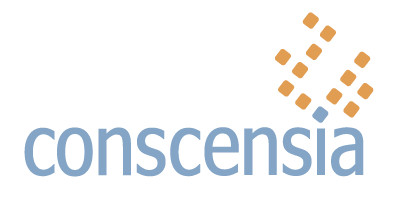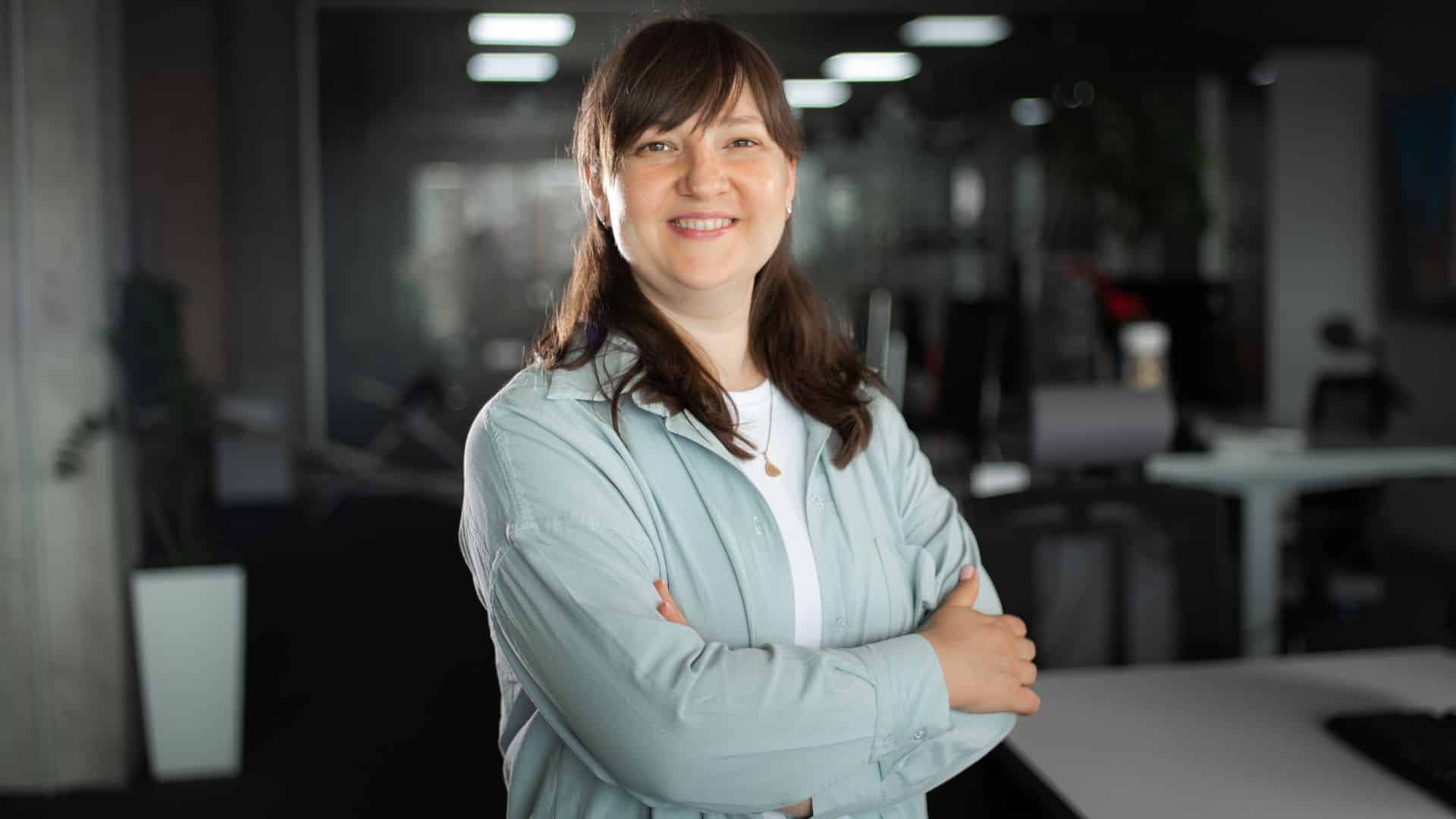Five Danish quirks
13. September 2013
When Danish companies have to work with employees from a country like Ukraine, we have a tendency to focus on them being different from us. But in the grand scheme of things, it is probably the Danish way to run a business that differs from the rest of Europe, and therefore, there is good reason to look at ourselves to understand the others.
Conscensia’s VP Global Delivery Line Milthers tells us about some of the subjects to be aware of, in order to get the maximum out of your outsourcing.
The liberal Danish management style
The Danish tradition for management, or maybe even lack of it, is one of the things you may find hard to understand as a foreigner. We have a flat structure where we see it as a clear-cut positive thing that we don’t need to control each other. But there is a risk of this being misunderstood. What we see as control, will in other places be seen as interest, and the lack of control could be interpreted as a lack of attention. This is why we advise our clients on how to find the right balance.
The obscure decision-making processes
One of the consequences of a flat hierarchy is that the decision-making processes can be hard to see through for outsiders. When we have Ukrainian developers visiting Danish companies, they often say: “Wow, you have a lot of meetings!”. We discuss a lot, without anyone pushing decisions through, because we like to reach a consensus. This has some great advantages, but at the same time, it means that it can be hard to understand where the decision-making competences really lie. That is why we ensure that all of our Ukrainian employees have an understanding of this way of working, as well as doing a lot of work with our clients on making their decision-making processes visible. This adds overview and transparency, benefitting both parties.
What part do the roles play?
In Denmark, we don’t have a tradition for working with very detailed work descriptions, and in that way, we differ from many other countries. We are a small country, primarily built up around small and medium-sized companies where you, as an employee, have to cover a large field. Ukraine, on the other hand, has traditionally had large-scale operations, where employees have clearly defined roles. On one hand, we help our clients get the relevant roles put down on paper, and on the other hand, we have made it part of Conscensia’s corporate culture to help each other out when and where as necessary. In the beginning, there were not a lot of us employees, so back then it was needed, and that is a culture that we still nurture. It is one of the ways in which we influence our organisation in a Danish way.
The aloof Danes
It is a prevalent perception among Danes that other cultures see us as open and welcoming people, but often, quite the opposite is true. When we have Ukrainians visiting, they often see the Danes as aloof. One of the reasons is the way that our working day is structured. At 4pm, a Danish office is pretty much deserted, as people have to pick up their children and drive them to football practice, or whatever else they may have to do. The fact that we often log on in the evening and work for an hour is not very visible, so to an outsider, it appears that we disappear from our colleagues as soon as we can. In Ukraine, the working day is longer, and if you visit the country, they will often have planned a lot of events – also for the evening – because they are so hospitable. When they then visit us, they might interpret the fact that we have to leave mid-afternoon, as if we don’t want to spend time with them. That is why we very much recommend our clients to also go out for an evening and do something informal with the Ukrainian employees when they visit. It means a lot for the building of relationships, and it establishes a foundation for a much better collaboration.
Trust is not a matter of course
Denmark is characterised by a very high degree of trust, one of the reasons being that we historically haven’t had a reason not to – we are used to living in peace and quiet. This is far from the truth in all countries, for example in Ukraine. In Denmark, we trust someone, until they break that trust – in Ukraine, you have to win the trust first. Luckily, that is not hard to do, but it is very important to realise that you have to create some activities where people can get to know each other a bit and build up relationships. This is also one of the reasons why it is important to prioritise the social aspect when Ukrainian employees visit Denmark for knowledge transfer.
More news
Angular meetup at Conscensia Warsaw Hub
October 18, 2024




